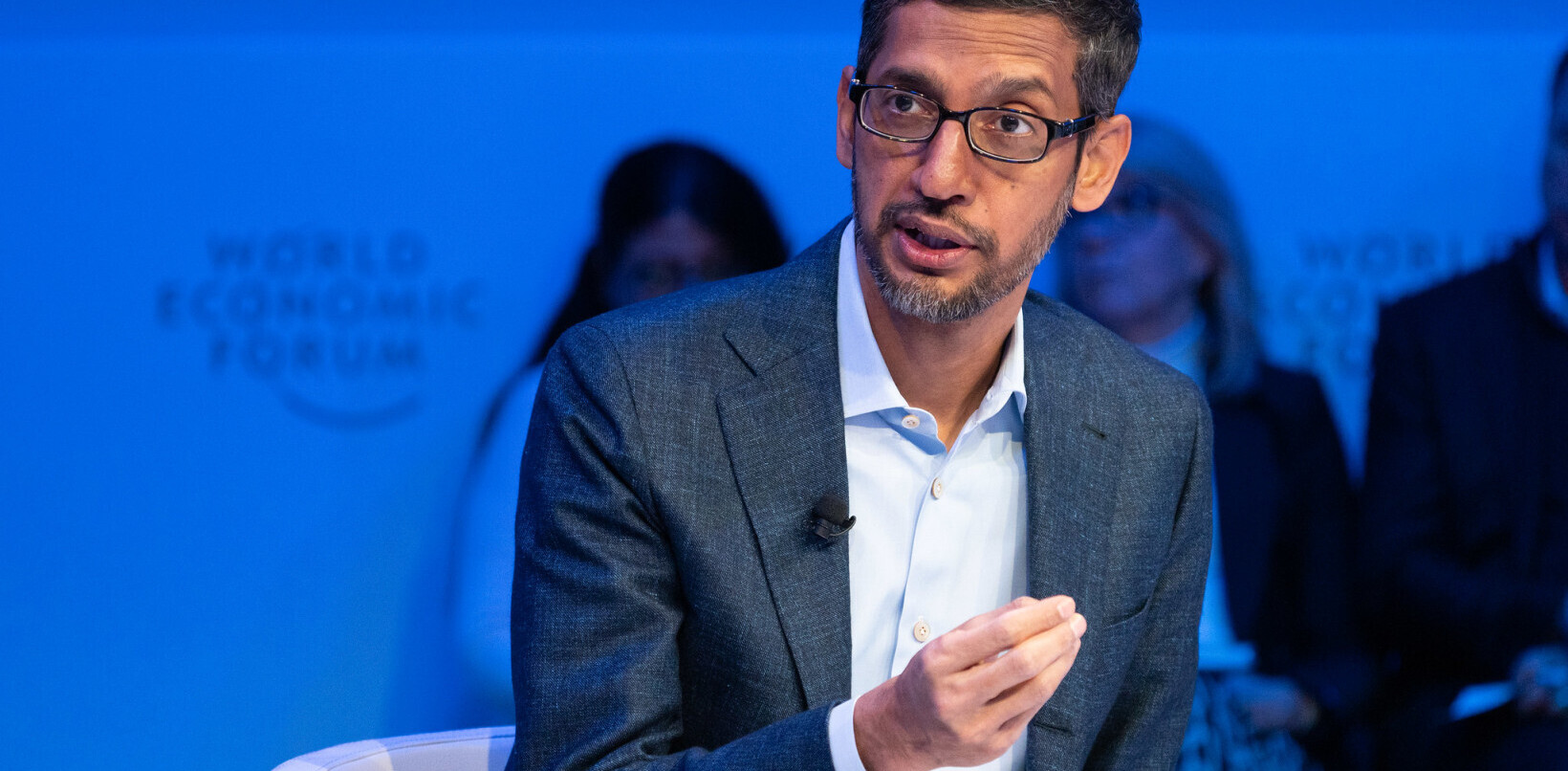
As we’ve already reported, news has broken via Forbes that facial recognition startup Viewdle has been acquired for a figure of around $30 million.
Indeed, what we’ve been hearing for over a year now ties in with Forbes’ report – Motorola had been interested in the company as long ago as last summer, and the talks stalled when Google began the process of acquiring the mobile device and set-top box manufacturer but were renewed after that deal completed earlier this year.
Why is Motorola (and Google) interested in Viewdle? In addition to the patents reported by Forbes, the startup, which began by developing facial recognition software aimed at mobile phones, has since diversified into ‘pattern recognition’ technology, which can identify gestures, smiles and even age, to identify the difference between and adult and a child, for example. There’s little doubt that this will boost the capabilities that Google’s in-house handset maker can offer in its devices.
Why did Viewdle sell? We’re hearing that a big part of it is that the infrastructure costs of the cloud-based image analysis processes it required were prohibitively expensive when it came to scaling the company independently, so last year a search for a buyer began, and Motorola entered the frame.
Interestingly, long-time CEO of Viewdle, Laurent Gil, departed the company recently – strange timing with such a large deal in the offing. It is our understanding that Gil had an offer he couldn’t turn down to take an executive role at a company currently in stealth mode, and that he departed on good terms.
Gil was replaced in the CEO role this summer by Jason Mitura, a long-term senior member of the Viewdle team, although we understood that executive chairman Yuri Frayman led negotiations with Motorola and Google.
Frayman co-founded the startup in Ukraine in 2006 alongside Yegor Anchishkin and Yuriy Musatenko. Along the way, they won startup competitions such as LeWeb’s and Plugg, which was organised by our very own Robin Wauters.
Their exit is a big boost for the Ukranian tech scene, better known for outsourcing than international success stories and Silicon Valley exits.
Image credit: Sebastian Widmann / Getty Images
Get the TNW newsletter
Get the most important tech news in your inbox each week.




